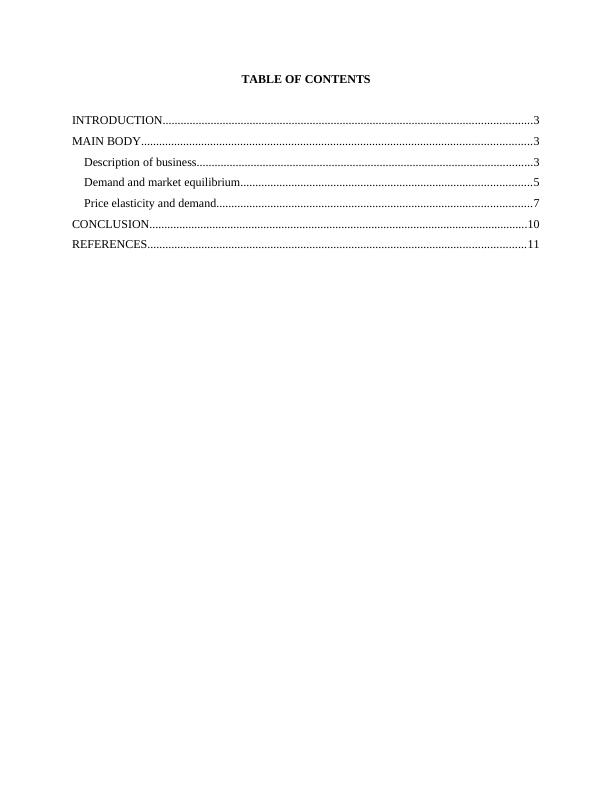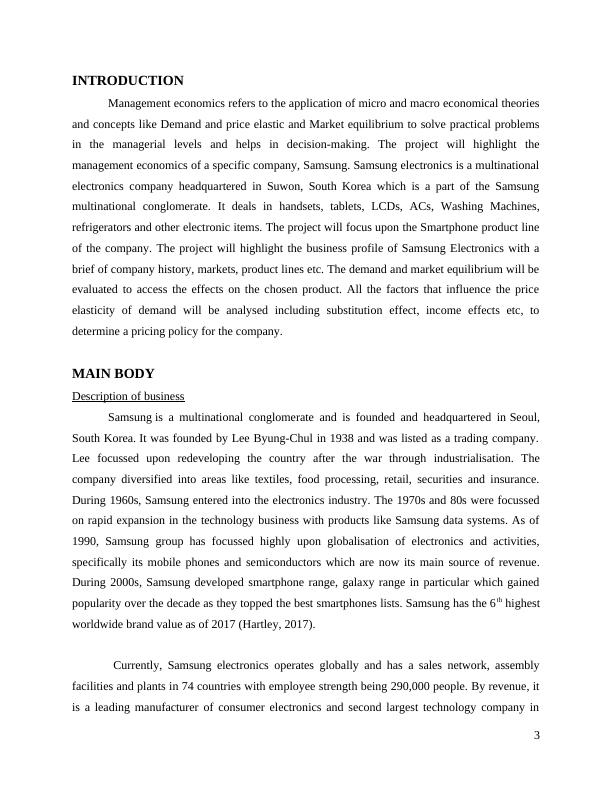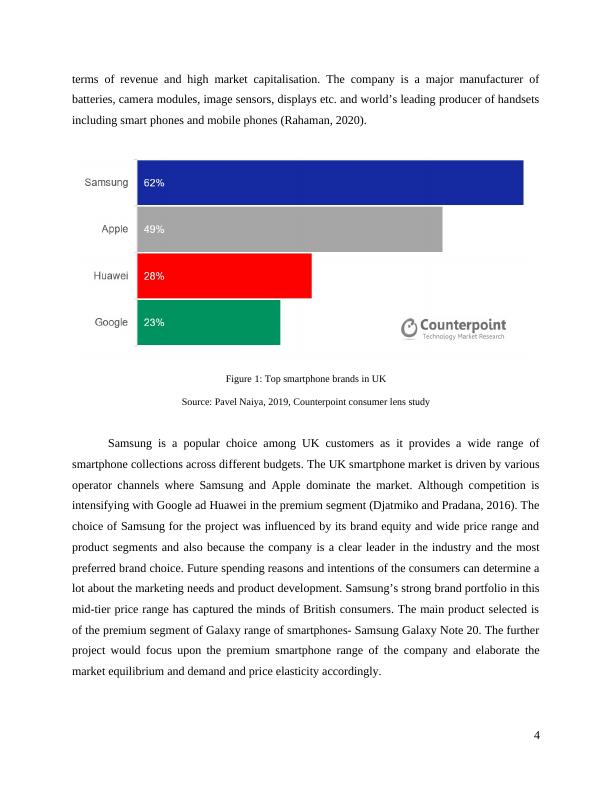Management Economics of Samsung: Demand, Market Equilibrium, and Price Elasticity
11 Pages3385 Words24 Views
Added on 2023-01-09
About This Document
This document explores the management economics of Samsung, specifically focusing on the demand, market equilibrium, and price elasticity of its smartphone product line. It provides a brief overview of Samsung Electronics' business profile and history, as well as an analysis of factors influencing price elasticity of demand. The document also discusses the effects of substitutes, complements, consumer income, consumer preferences, and consumer expectations on the demand for Samsung Galaxy Note 20. Additionally, it examines the pricing policy of Samsung in response to market conditions.
Management Economics of Samsung: Demand, Market Equilibrium, and Price Elasticity
Added on 2023-01-09
ShareRelated Documents
End of preview
Want to access all the pages? Upload your documents or become a member.
Factors Influencing Demand and Price Elasticity of Samsung Mobile Phones
|10
|3163
|100
Role of Managerial Economics in Samsung TVs
|10
|3272
|120
Management Economics: Assessment 2
|11
|3157
|55
Samsung's Bribery Charges and Corporate Governance: A Business Report
|28
|3314
|30
Samsung's Bribery Charges and Corporate Governance: A Business Report
|11
|3664
|76
Market Growth in Foreign Countries: A Case of Samsung Group
|10
|2883
|546




